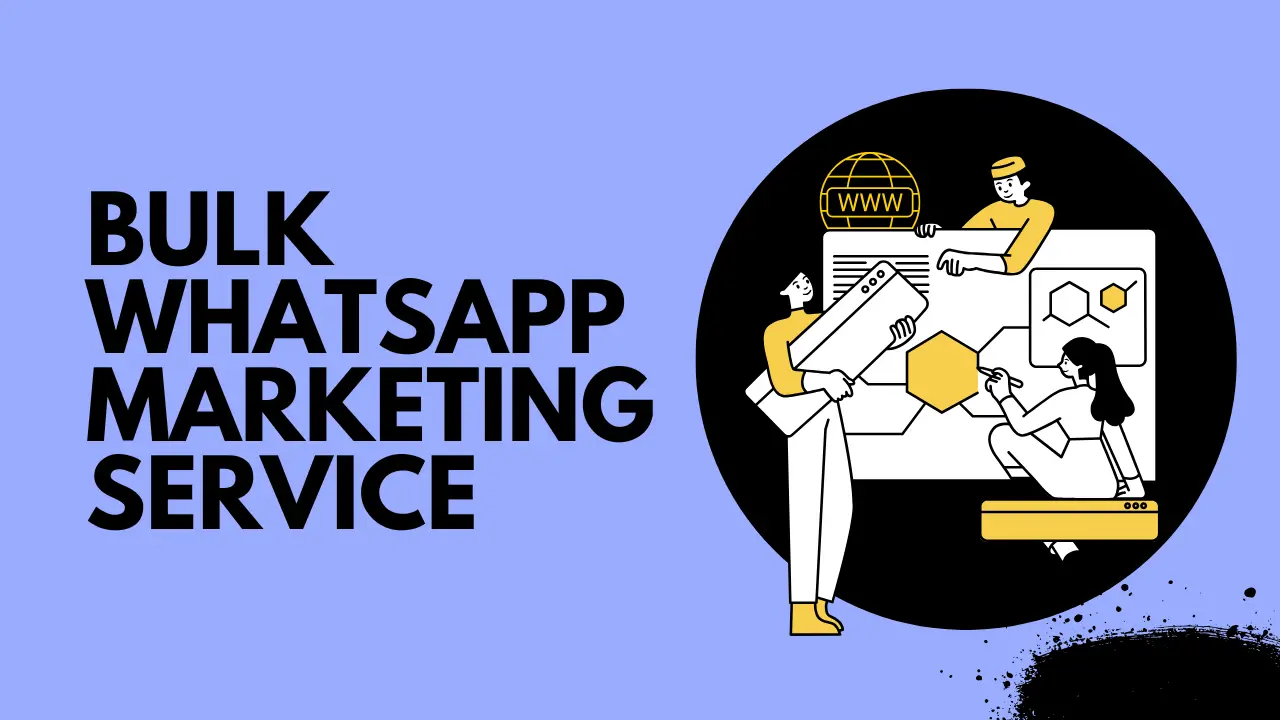The Pitfalls of Bulk Messaging:
Many businesses are tempted by the idea of sending thousands Find targeted email leads by industry or location – all at country email list of messages at once, but this approach is fraught with risks. Bulk messaging services often operate in a gray area, violating WhatsApp's terms of service. This can result in your business number being banned, your messages being flagged as spam, and a damaged brand reputation. More importantly, it's an ineffective way to communicate. Customers are savvy; they can spot a generic, impersonal message instantly, and it often leads to them blocking your number, completely defeating the purpose of your outreach.
Building a Foundation with Opt-in Marketing:
The most crucial step to a successful WhatsApp strategy is to build a contact list the right way: with explicit consent. Encourage your customers to opt-in to receive updates and promotions from you. You can do this through your website, during the checkout process, or by simply asking them to save your number and send a specific message to start a conversation. This ensures that every message you send is to someone who genuinely wants to hear from you, drastically increasing your open and engagement rates.

Personalization is Key:
Once you have an opt-in list, the real work begins. Instead of sending one-size-fits-all messages, leverage the power of personalization. Use customer data to segment your audience and send relevant content. For example, a customer who recently purchased a pair of running shoes might be interested in a promotion on running socks or a new fitness guide. Tailoring your messages makes your communication feel less like marketing and more like a helpful, personal interaction, strengthening the customer-brand relationship.
Leveraging the WhatsApp Business API:
For businesses looking to scale their WhatsApp communication responsibly, the WhatsApp Business API is the official solution. Unlike unapproved third-party services, the API is designed for larger businesses to manage customer conversations, send automated notifications (like order confirmations and shipping updates), and handle customer support at scale. It offers a secure and reliable way to communicate with your customers while staying compliant with WhatsApp's policies.
Beyond Promotions: The Power of Customer Service:
WhatsApp is not just for marketing; it's an incredible tool for customer service. Use it to provide real-time support, answer product questions, and resolve issues quickly. A prompt and helpful response can turn a frustrated customer into a brand advocate. By offering excellent service through a channel they already use and love, you can foster loyalty that lasts long after the sale.
Conclusion: A Sustainable Strategy for the Future:
In the end, effective WhatsApp marketing isn't about the quantity of messages you send, but the quality of the conversations you have. By focusing on building an opt-in list, personalizing your content, and providing exceptional customer service, you can create a sustainable and impactful strategy that respects your customers and grows your business the right way. Moving beyond bulk and embracing a strategic, customer-centric approach is the key to unlocking WhatsApp's true potential.